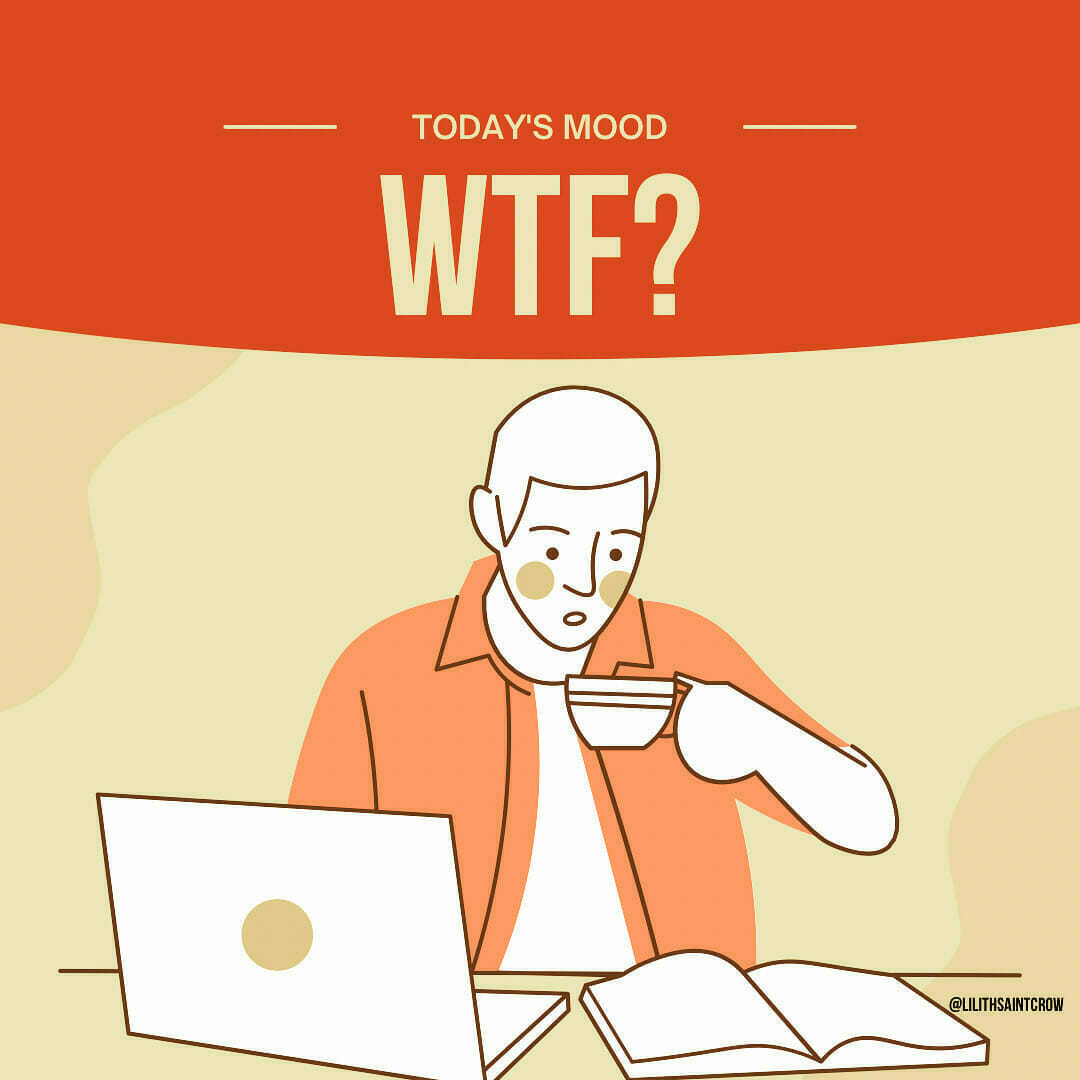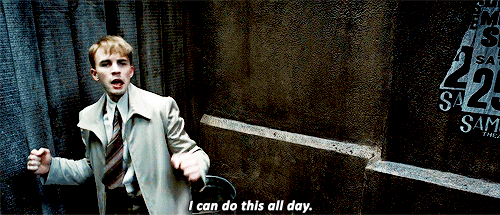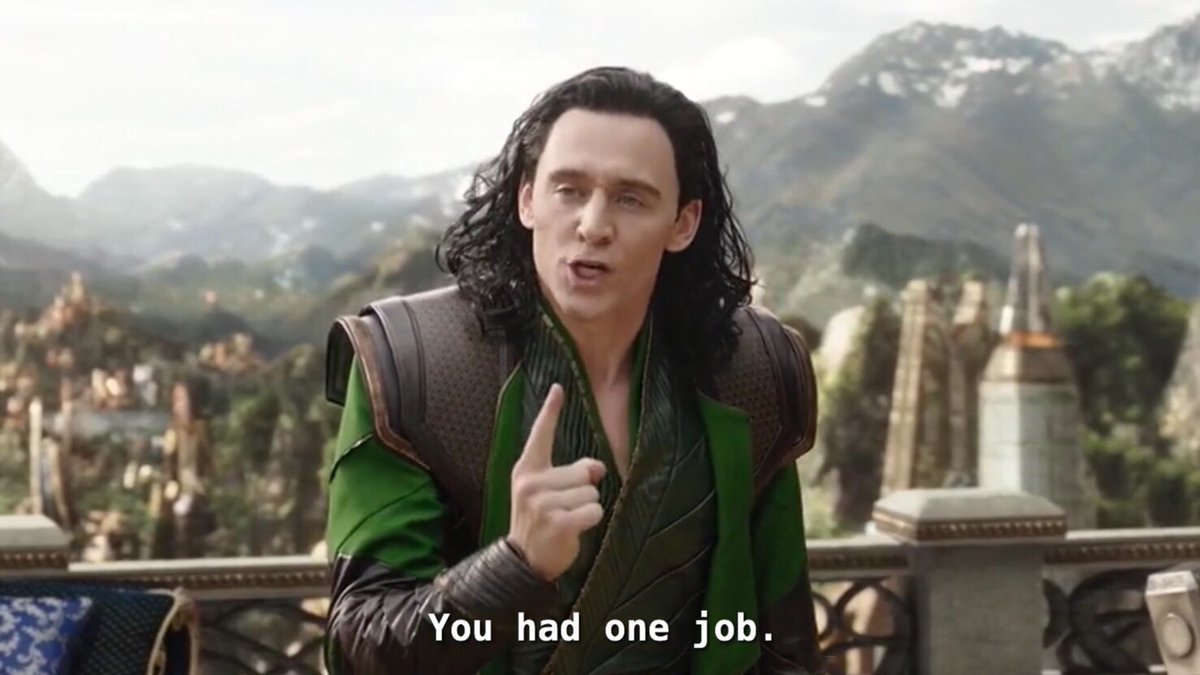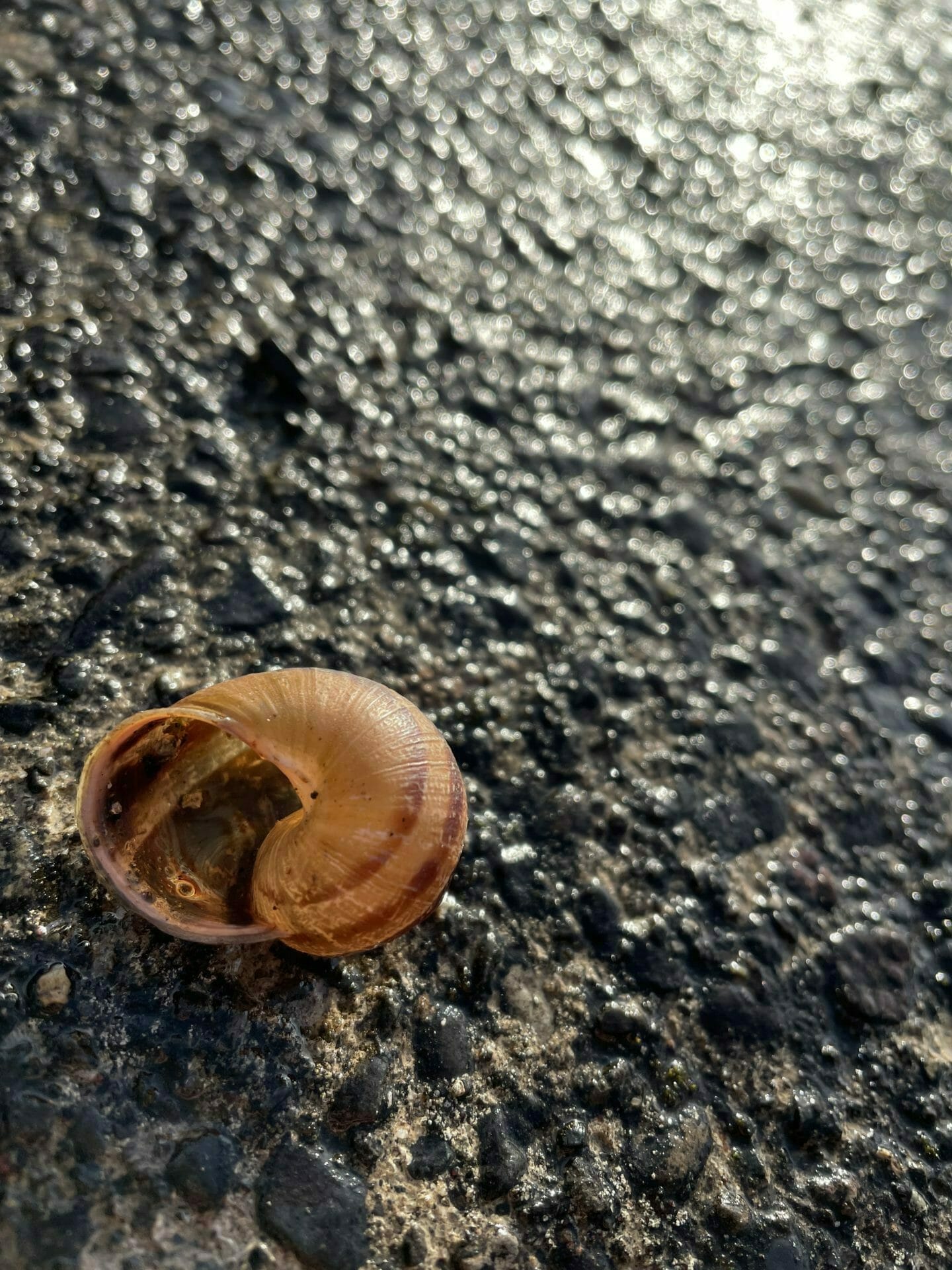No, seriously, guys. We really, really need to talk about some of this.
A fellow author forwarded this article to me this morning, and my head nearly exploded–not because of the writer or really any of the information within, because the former is perfectly lovely and the latter a hundred percent accurate. What’s bothering me are implications, to the point that I had to take some time to calm down before attempting to talk about it here.
The TL;DR of the above-linked article is that there’s a mushrooming crop of literary agents jostling into the industry, plus trad editors are so overwhelmed they’re taking 6-12mos to even respond to submissions (when they don’t ghost), so now even reputable agents are asking writers–both new and established–to do all sorts of escalating bullshit (like moodboards, what the ever-loving hell) in order to catch the attention of said overwhelmed editors. The article takes a view along the axes of marginalization keeping a lot of writers out of trad’s pool of accreted resources, which is reasonable, just, and absolutely should be talked about.
But that’s not my lane, since I’m operating from a place of relative privilege. So I’m sticking to other lanes; and boy howdy, there’s no shortage of those.
Publishing has always been an awfully exploitative business. For a long while the level of fuckery in trad pub was low enough for plenty of writers to make a reasonable gamble by submitting by the rules and building a career, but this is no longer the case. Which is not solely or even mostly a function of the pandemic, mind you–the problems were already there well before 2020 rolled around, but conditions since ~2016 have absolutely poured jet fuel on the fire and now we’ve got a multiple-alarm blaze. (You could even trace the problems to Amazon’s strong-arming, or further back to Reagonomics, but that’s a whole ‘nother blog post.)
The Big Five/Four have already offloaded the brute work of marketing onto individual authors, hollowing out their own marketing departments in order to line C-suite pockets. Now the crunch has reached editorial departments, where even salaried folk traditionally protected from a lot of industry bullshit are being ruthlessly overworked, underpaid, and just generally mistreated. (No, this is not a “pity the poor editors” screed, just a fact.) Consequently a lot of folk are leaving, and those who remain–or the shiny new ones coming in, thinking they’re going to score a good job–find it impossible to pick up the slack. The article linked above is absolutely correct that editors at the big houses are now being used as draft-horse project managers, which does not work with novels or nonfiction books. It just…doesn’t.
The article is also absolutely correct that there is a glut of “literary agents” right now, though I’m not certain it’s as a result of the pandemic giving people “time to write”. The further fact that literary agents are wholly unregulated remains as well. A whole lot of “agents” hanging out their shingle might not know the industry or have usable reputation or connections–that’s a charitable way of putting it–and as in any unregulated field there’s a whole lotta grifters out there too. This compounds the problem of exploitation and also makes the burden on editors that much heavier.
Here’s the thing: Trad publishing is not only expecting authors to write the damn book and wait to find a reputable agent (one should do one’s due diligence in that area as a matter of course), but also expecting a writer to wait half a year to a whole year for an editor to even look at the work, and then expecting us to do all the marketing as well?
What precisely are we paying trad publishers a percentage for, then? Cover art, when multibillion-dollar trad houses are using plagiarism machines to make the covers for even hotly anticipated titles? Marketing, which we’re supposed to do ourselves? Editorial services and support, from editors so overworked it takes them a year to answer emails? Really?
Really?
An agent gets a percentage of work sold, so it’s in their interests to find a way through the tangle. But is that way forcing the author to do up fucking moodboards or audio, or other labor-intensive gewgaws? Seriously, what the hell is this nonsense? We’re supposed to do the agent’s job as well as the editor’s and the marketing department’s, in return for…what, exactly?
This isn’t really to knock agents; the reputable ones are just as baffled as their authors. One could make the case that they honestly mean well when telling authors to add these bells and whistles in order to attempt enticing some overworked editor (who might hit burnout and leave next month, orphaning an entire slew of works both debut and midlist) to shuffle a submission to the top of the inbox. And it’s not even to really knock plenty of editors, who get into the job because they love literature and want to make a difference.
But if an editor is so overworked they literally can’t answer subs from even well-known, reputable agents with proven authors in their stable, how in God’s name are they supposed to be providing the editorial care and in-house advocacy required by the books they do end up buying?
The answer is simple: They can’t. Trad publishing is literally failing at doing its job. A lot of people, for various reasons both self-serving and otherwise, have accused trad of simply being an entitled gatekeeping mechanism; even a stopped clock is right twice a day, as the saying goes, and honestly it’s starting to look like the urge for infinite exploitation, Amazon-style, has turned trad pub into the nightmare it was accused, by envious dickwads, of being.
I just keep thinking, what precisely are authors paying for when these companies literally will not or cannot do their fucking jobs?
No, really, what are we supposed to grant rights to big publishing houses for nowadays? Editing, from folks so overwhelmed they can’t even answer their email? Cover art, when they’re making it clear they want fuck over and steal from our visual artist pals even more than from writers? Marketing, when we’re expected to do it ourselves, and then blamed when we don’t have the reach of multibillion-dollar corporations? Industry knowledge, when they’re literally worshipping at the altar of TikTok and Goodreads, neither of which have even a Magic 8-Ball’s accuracy? It certainly can’t be prestige; seriously, is there any of that left?
It’s beginning to look like the barriers to entry in self-pub are a lot easier to surmount for even the most marginalized of writers. Don’t get me wrong, they’re still fairly prohibitive there, in a lot of respects–just a lot less prohibitive than this bloody nonsense.
The Big Five/Four appear to be rotting in tar pits; indie or small presses who have good business hygiene and treat their authors well are positioned beautifully to grab market share when the avalanche of market correction hits. One supposes the cycle will start all over again, then–from an original ground polluted almost past bearing by both Amazon’s predatory practices and the ecology-wrecking plagiarism machines, true, but at least a few of us might get some breathing room.
How many great stories and authors are we going to lose before that happens, though, and when said correction hits? Even more than we’re losing now because the industry is full of grifters calling themselves agents, reputable agents who can’t get overworked editors to look at anything, editors hollowed out by burnout so badly that it takes them half a year (or a full year) to respond to subs if they respond at all, editors so overwhelmed they can’t provide proper editing or in-house support for what books do manage to be sold, a complete lack of marketing support, TikTok and Goodreads being treated as industry oracles, hush-hush meetings where publishing execs are attempting to figure out how to replace pesky human writers who expect to be paid with hallucinating plagiarism machines (oh yeah, those screenshots are something, indeed), cover art made by hallucinating DALL-E and Midjourney, and titles poisoned by SEO delirium?
This is wild. This is bizarre even by publishing standards, and that’s saying something. What, exactly, are the authors–the ones providing the stuff this industry literally cannot run without, mind you, the human beings producing the books and stories even the corporate plagiarism machines cannot function without–paying for here? What services are being rendered, what benefits are authors getting by granting rights and percentages to these companies?
No wonder so many established midlisters are making the move to self-pub; no wonder the number of hybrid authors is at an all-time high. I can only see this trend accelerating, especially since the tools for self-pub have been around for awhile now and there’s a lot of free guides about how to do it–if you can find a search engine that isn’t serving up gobs of “AI” horseshite, that is. (I like DuckDuckGo, myself.)
Moodboards. For Chrissake. I just…I can’t even. Moodboards. What a time to be alive, and in publishing. I just keep coming back to that one simple question, so I’ll repeat it a final time before going to do my chores.
What, precisely, are we paying these companies for?







